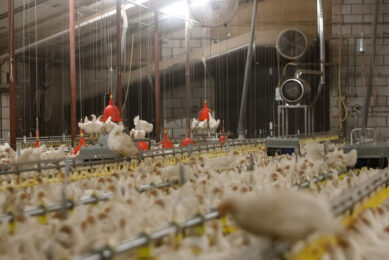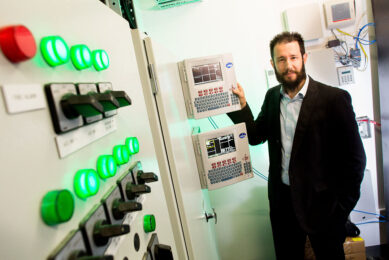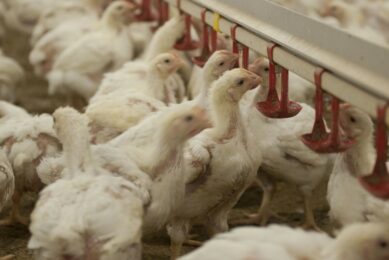Vietnam: Air-conditioned houses profitable
Rural industries in Vietnam generally lack capital and technology to develop to their full potential. It is clear, however, that poultry farms with air-conditioned poultry houses and sophisticated control systems are expensive but highly cost effective.
This is becoming more popular as more farmers found such houses produced higher returns by reducing food waste, and the cost of veterinary medicines by keeping birds healthy.
The Provincial Department of Animal Health of Dong Nai Province stated the province now has at least 100 air-conditioned farms that contain a total of 1.2 mln chickens, accounting for one fifth of the province’s output, and the number of such farms is increasing annually. The department estimates the number of chickens bred in air-conditioned houses could double by the end of 2009. Several farmers with air-conditioned houses have also contracted major livestock companies including Charoen Popkand, Emivet and Jappa to raise birds. These companies supply chicks, animal feed and breeding techniques to contracted farmers.
Local chicken farmer Nguyen Van Ngoc, who has 10 air-conditioned chicken houses in Vinh Cuu District, said “Such farms did not have the bad odour and flies like normal chicken farms as the house temperature was kept at about 25 degrees C and constantly ventilated. This helped to prevent the birds contracting and spreading diseases.” His farms have never been infected with bird flu.
In Binh Duong Province, Tong Van Huong, chairman of the Minh Hoa Commune Farmers Association, explained that “despite the high investment costs, air-conditioned chicken farms had high economic effectiveness. A conventional poultry shed cost between NVD 200 to 300 million [$11,000 – 18,000], but building a 1,000 square metre air-conditioned chicken house was about VND 1 bln [$58,000]. However, an air-conditioned house that uses cement and steel can be used for up to 10 years while normal poultry sheds can be used for only 2-3 years.”
He added that with automatic feeding systems that are typically installed in air-conditioned houses, a worker can attend to 100,000 birds compared to 30,000 birds in normal sheds. At current animal feed prices the farmer members of his commune average a profit of VND 40-50 mln for rearing 10,000 birds over a period of 45-60 days.
Minh Hoa Commune now had 20 such farms and several members were applying for bank loans to invest in similar projects, including Huong who plans to build 6 additional houses to contain a total of 80,000 birds.













